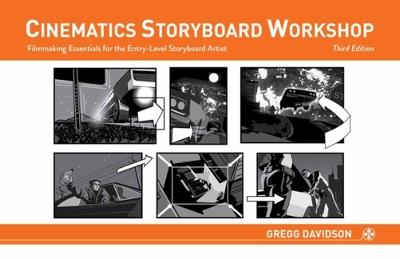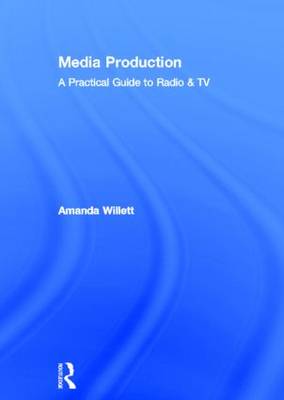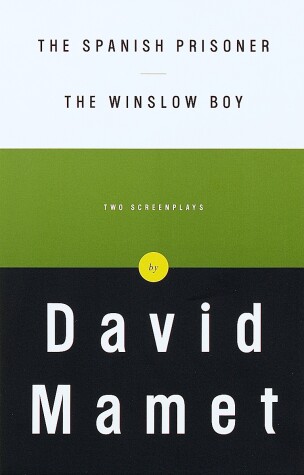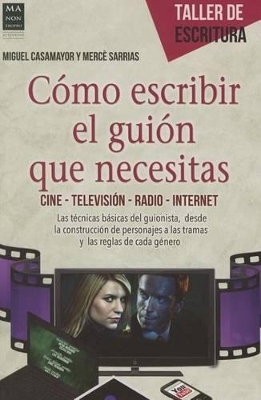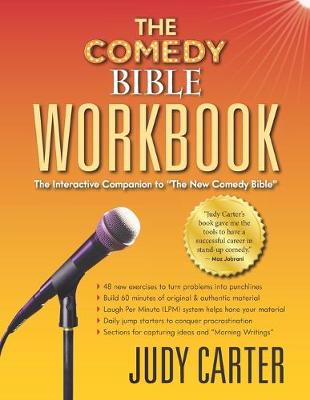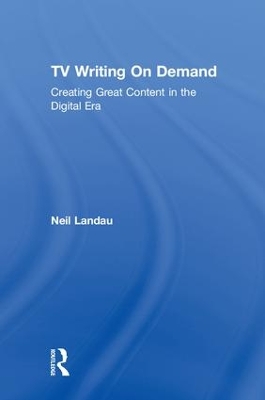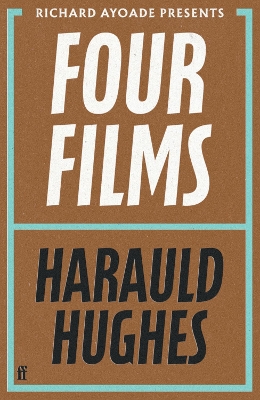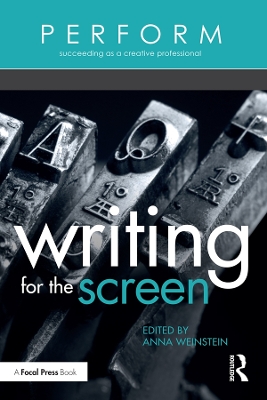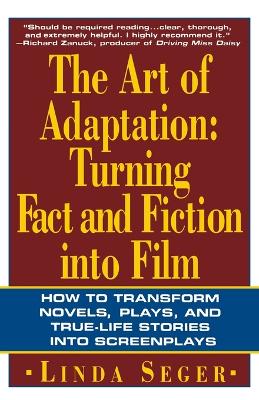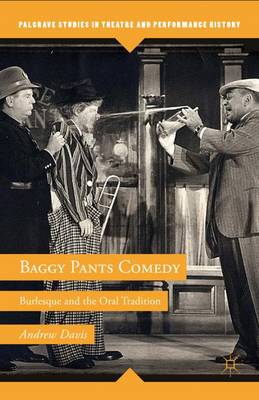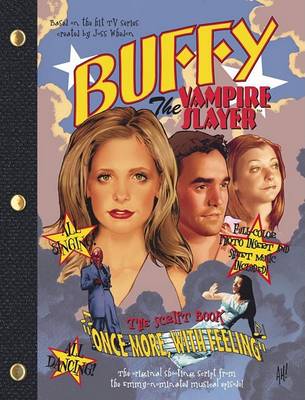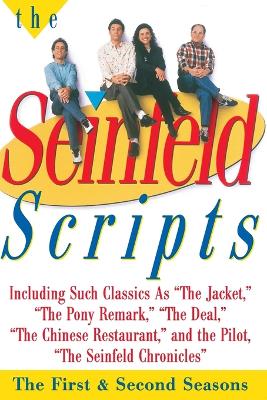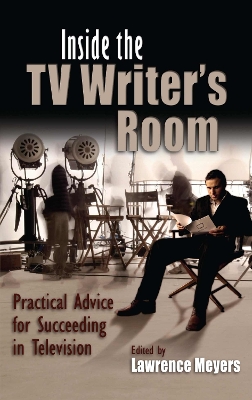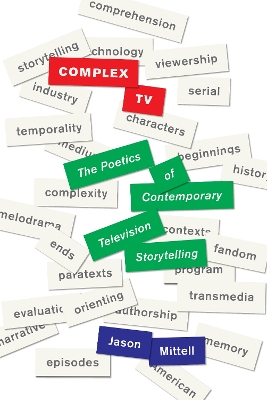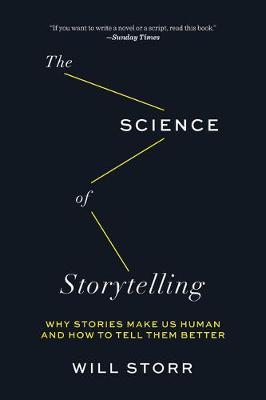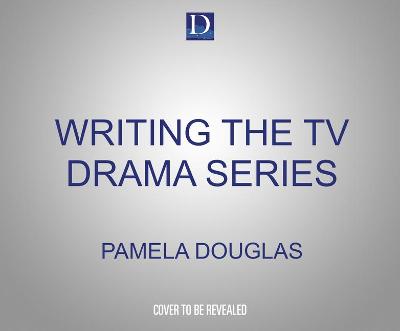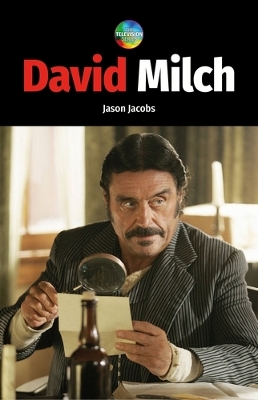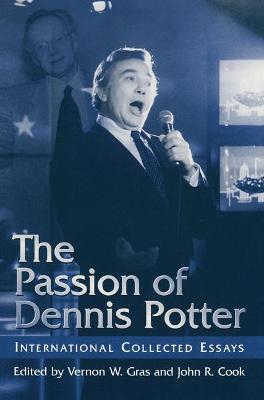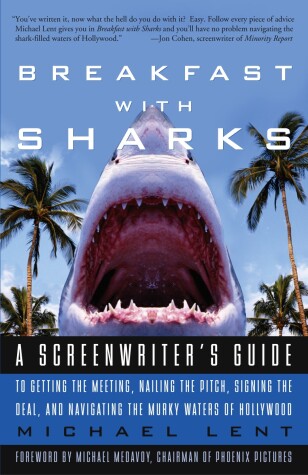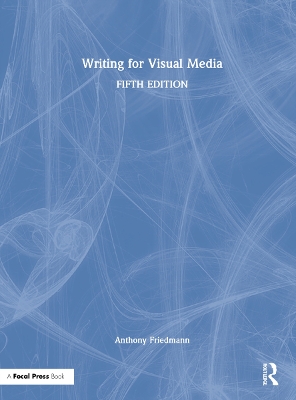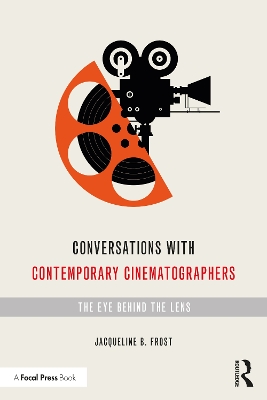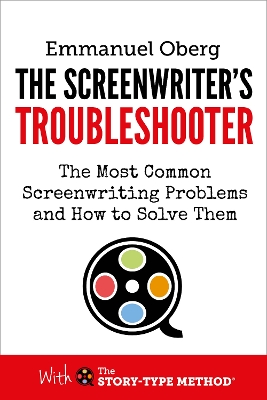Media Production is an introductory guide to radio, TV and film production techniques. Illuminating the step by step process from conception to delivery, from the initial brainstorms, through planning, research and editing, this book creates a guided structure to help students learn about media production. Aimed at those producing radio, film or TV productions for the first time, this book offers relevant advice which takes account of the context in which students work and the type of equipment...
Pulitzer Prize winner David Mamet ranks among the century's most influential writers for stage and screen. His dialogue--abrasive, rhythmic--illuminates a modern aesthetic evocative of Samuel Beckett. His plots--surprising, comic, topical--have evoked comparisons to masters from Alfred Hitchcock to Arthur Miller. Here are two screenplays demonstrating the astounding range of Mamet's talents. The Spanish Prisoner, a neo-noir thriller about a research-and-development cog hoodwinked out of...
CÓMO ESCRIBIR EL GUIÓN QUE NECESITAS (Taller de Escritura)
by Miguel Casamayor and Mercè Sarrias
TV Writing On Demand: Creating Great Content in the Digital Era takes a deep dive into writing for today’s audiences, against the backdrop of a rapidly evolving TV ecosystem. Amazon, Hulu and Netflix were just the beginning. The proliferation of everything digital has led to an ever-expanding array of the most authentic and engaging programming that we’ve ever seen. No longer is there a distinction between broadcast, cable and streaming. It’s all content. Regardless of what new platforms and cha...
Richard Ayoade edits and introduces this defining work of the great midcentury visionary of stage and screen -- rediscovered and republished by Faber & Faber.This volume of Harauld Hughes's last four screenplays includes a preface and afterword by the author.THE TERRIBLE WITCHA feisty undergraduate uncovers fresh witchy business in Ipswich.THE AWFUL WOMAN FROM SPACETwo top feminist scientists find their sense of sisterhood challenged by the arrival of an intergalactic uber-femme.THE DEADLY GUSTT...
Writing for the Screen (PERFORM)
Writing for the Screen is a collection of essays and interviews exploring the business of screenwriting. This highly accessible guide to working in film and television includes perspectives from industry insiders on topics such as breaking in; pitching; developing and nurturing business relationships; juggling multiple projects; and more. Writing for the Screen is an ideal companion to screenwriting and filmmaking classes, demystifying the industry and the role of the screenwriter with real-worl...
Baggy Pants Comedy (Palgrave Studies in Theatre and Performance History)
by A Davis
The first full-length study of comedy on the burlesque stage, this book takes the reader inside the burlesque houses of the 1930s, looks at the role comedy played in an entertainment form known mostly for striptease, and explores how these sketch performers approached their craft.
Buffy the Vampire Slayer: Once More with Feeling (Buffy the Vampire Slayer)
by Buffy Vampire Slayer Musical S
Giles (to Buffy): "What did you sing about?" Buffy: "I, uh...don't remember. But it seemed perfectly normal." Xander: "But disturbing. And not the natural order of things and do you think it'll happen again? 'Cause I'm for the natural order of things." Since she's been brought back from the dead (for the second time), Buffy the Vampire Slayer hasn't quite been feeling her calling. Sure, she still gives the underworld a run for its money, but her heart just isn't in the job. Luckily, she's...
Inside the TV Writer's Room (Television and Popular Culture)
by Lawrence Meyers
A collection of interviews with some of today's top episodic TV writers contains revealing insights to why people become television writers and what makes them successful. Each chapter's topic is distilled into a practical lesson for both professionals and aspirants to heed if they wish to find or maintain success in writing for television.
A comprehensive and sustained analysis of the development of storytelling for television Over the past two decades, new technologies, changing viewer practices, and the proliferation of genres and channels has transformed American television. One of the most notable impacts of these shifts is the emergence of highly complex and elaborate forms of serial narrative, resulting in a robust period of formal experimentation and risky programming rarely seen in a medium that is typically viewed as form...
A series of three-hour-long linked plays for BBC2 plus two shorter plays Oswald and Marilyn, played by Timothy Spall and Lindsay Duncan, are the custodians of the collection of 10 million black and white photographs housed in a beautiful period building on the edge of London. Their peaceful old fashioned existence is threatened when some Americans buy the property to turn it into a business school. They have to use their resources and ingenuity to fight the forces of the modern world and as they...
This book is about the life and work of David Milch, the writer who created NYPD Blue, Deadwood and a number of other important US television dramas. It provides a detailed account of Milch's journey from academia to the heights of the television industry, locating him within the traditions of achievement in American literature over the past in order to evaluate his contribution to fiction writing. It also draws on behind-the-scenes materials to analyse the significance of NYPD Blue, Deadwood, J...
How I Escaped from Gilligan's Island (Ray & Pat Browne Book)
by William Froug
In the early 1950s writers were leaving radio en masse to try their hand at another promising medium - television. William Froug was in the thick of that exodus, a young man full of ideas in a Hollywood bursting with opportunities. In his forty-year career Froug would write and/or produce many of the shows that America has grown up with. From the ""Drama of Playhouse 90"" and the mind-bending premises of ""The Twilight Zone"" to the escapist scenarios of ""Adventures in Paradise"", ""Gilligan's...
Dennis Potter was a most remarkable, idiosyncratic, and influential screen playwright, writing such shows as "The Singing Detective" and "Pennies From Heaven" for British TV during the last half of the 20th century. In dramatizing the anxiety of his own inner journey, he articulated for the millions watching his shows their own distresses about the fast-changing cultural environment. The Passion of Dennis Potter represents the first collection of international essays on this celebrated playwrigh...
What They Didn’t Teach You in Your Screenwriting Course Screenwriters, listen up! Breakfast with Sharks is not a book about the craft of screenwriting. This is a book about the business of managing your screenwriting career, from advice on choosing an agent to tips on juggling three deal-making breakfasts a day. Prescriptive and useful, Breakfast with Sharks is a real guide to navigating the murky waters of the Hollywood system. Unlike most of the screenwriting books available, here’s one that...
Writing for Visual Media provides writers with an understanding of the nature of visual writing behind all visual media. Such writing is vital for directors, actors, and producers to communicate content to audiences. Friedmann provides an extended investigation into dramatic theory and how entertainment narrative works, illustrated by examples and detailed analysis of scenes, scripts, techniques, and storylines. This new edition has a finger on the pulse of the rapidly evolving media ecosystem a...
Packed with gems of wisdom from the current 'masters of light’, this collection of conversations with twenty leading contemporary cinematographers provides invaluable insight into the art and craft of cinematography. Jacqueline Frost’s interviews provide unprecedented insight into the role as cinematographers discuss selecting projects, the conceptual and creative thinking that goes into devising a visual strategy, working with the script, collaborating with leading directors such as Martin Sco...
The Screenwriter's Troubleshooter (With the Story-Type Method, #2)
by Emmanuel Oberg
